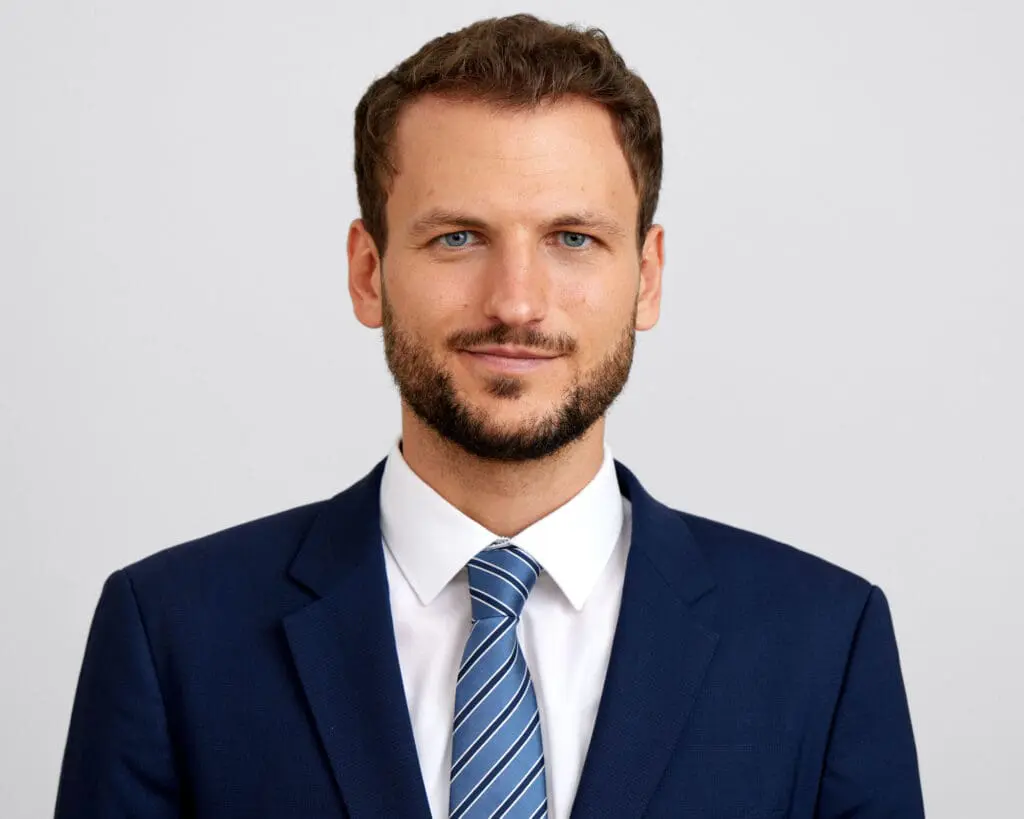General information on diversion
If the investigation proceedings are not discontinued, the classic criminal proceedings basically provide for the following procedure: Indictment – judgment – appeal proceedings if necessary. This can be time-consuming, costly and nerve-wracking. Reputation can also be significantly impaired by a public trial and possible appeal proceedings.
Diversion enables a comparatively “informal” settlement of criminal proceedings in the area of minor and moderate crime. It avoids the classic negative consequences of a conviction, such as a fine or prison sentence and an entry in the criminal record but can still have a behavior-controlling function through monetary compensation payments or other forms of compensation for damages or other instructions.
In Austria, more criminal proceedings in the area of minor and moderate crime are now settled by diversion than by conviction.
In which cases can diversion be considered?
The following requirements must be met for a diversionary settlement:
- Threat of punishment: The alleged offense may not be punishable by more than five years of imprisonment. In the case of sexual offenses, diversion can only be considered if the threat of punishment does not exceed three years.
- Official offense: The alleged criminal act must be an official offense, i.e. an offense that is prosecuted ex officio by the criminal prosecution authorities.
- Sufficiently clarified facts: The facts of the case must be sufficiently clarified at the time of diversion.
- No grounds for discontinuation: A discontinuation of the proceedings, for example due to lack of criminal liability or lack of evidence, is out of the question.
- General and special prevention: Punishment must not be necessary for reasons of either special or general prevention.
- No serious guilt: The guilt of the accused must not be considered serious.
- No fatal consequences: The act must not have resulted in the death of a person.
- Acceptance of responsibility: The accused must accept responsibility for the accusation with which he is charged and agree to the diversionary procedure.
In proceedings against associations under corporate criminal law, compensation for the damage caused by the offense is also a mandatory requirement for diversion.
What types of diversion do exist?
There are several types of diversion in criminal proceedings:
- Fine (Sec 200 StPO): The public prosecutor’s office may withdraw from the prosecution of a criminal offense if the accused pays a sum of money for the benefit of the federal government. This amount may not exceed the value of a fine of 180 daily rates plus the costs of the criminal proceedings to be reimbursed in the event of a conviction.
- Community service (Sec 201 f StPO): In this type of diversion, the accused agrees to perform community service free of charge within a specified period of six months. These may not take more than 240 hours in total and are intended to express the accused’s willingness to take responsibility for the crime.
- Probationary period (Sec 203 StPO): The public prosecutor may also provisionally withdraw from the prosecution of a criminal offense by stipulating a probationary period of one to two years. Unless this can be waived for special reasons, certain obligations must be imposed on the accused during the probationary period, which can be issued in the form of instructions, and the accused must be supervised by a probation officer. This includes, in particular, the obligation to make good the damage caused to the best of their ability or otherwise contribute to compensating for the consequences of the offense.
- Reconciliation of offenses (Sec 204 StPO): If a person’s legal interests have been directly affected by the offense, a settlement can be made. The defendant must be prepared to take responsibility for the offense, deal with its causes and compensate for any consequences of the offense in a way that is appropriate under the circumstances.
Whether and in what form diversion is offered is decided by the public prosecutor’s office in criminal investigation proceedings and by the court in main court proceedings.
Advantages of diversion
Diversion does not result in “decriminalization“ but enables the state to react to criminal conduct in accordance with the ultima ratio principle, without releasing the accused from their individual responsibility or disappointing the public’s trust in the existence and probation of the law. At the same time, the stigmatizing effect of a criminal record entry is eliminated in the case of diversion. The greatest advantage of diversion for the accused is therefore that they are not formally sentenced. The presumption of innocence continues to apply.
Diversion also conserves judicial resources, as lengthy main and appeal proceedings can be avoided. Diversion can be particularly valuable for juvenile offenders, as it offers them a second chance to avoid being burdened with a criminal record for a long time.
Criminal defence to optimize the chances of diversion
In the event of criminal charges and the initiation of preliminary proceedings, it is advisable for the accused to consult a criminal defense lawyer as soon as possible in order to improve the chances of the preliminary proceedings being dropped or diversion being granted. A criminal defense lawyer can assess whether the requirements for diversion are met and adjust the defense strategy accordingly if this seems sensible in the case in question.
In addition, a criminal defense lawyer is able to communicate with the public prosecutor’s office on an equal footing during the preliminary proceedings and ensure that all requirements are met in order to achieve the best possible result for his client. Even during a main court hearing, a lawyer specializing in criminal law can discuss with the court any necessary assumption of responsibility in order to discuss a possible diversion.



